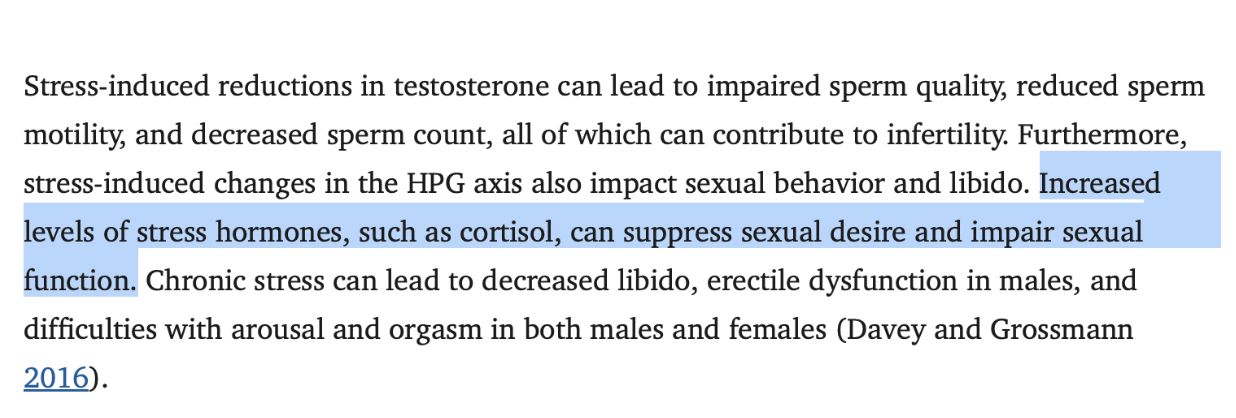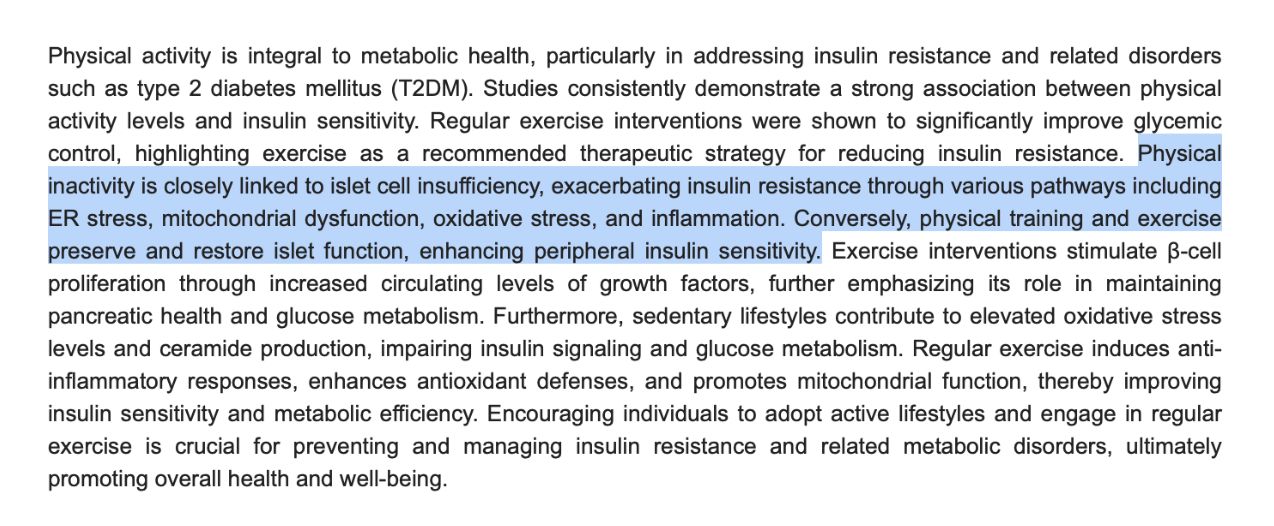If you’ve been trying to understand how to manage hormonal imbalance, you’re likely already aware that something in your body feels ‘off.’
You may be feeling tired no matter how much you sleep, struggling to lose weight despite eating clean, noticing skin changes, mood swings, or low motivation. Maybe your energy crashes by mid-morning or your cravings spiral by late evening. And if you’ve normalized these signs, thinking they’re just part of modern life or age, it’s time for a deeper look.
Because here’s the truth: hormonal imbalances don’t just happen overnight, and they’re not reserved for puberty, menopause, or ‘women’s issues.’ Hormones govern everything, from metabolism, energy, digestion, and reproduction, to sleep, immunity, and even mood. They’re always in conversation with your lifestyle. What you eat, how you sleep, the quality of your thoughts, your physical activity, the toxins you’re exposed to, and how you manage stress, all of this affects your hormones. Every day. For everyone.
So, when we talk about how to balance hormones, we’re really talking about how to live in a way that supports your body’s natural intelligence. No hormone works in isolation. For example, cortisol (your stress hormone) can throw off insulin (the hormone that regulates blood sugar levels). Poor sleep can suppress testosterone and melatonin. Nutrient deficiencies can block estrogen metabolism. One imbalance creates ripple effects, whether you’re male, female, or anywhere on the spectrum.
Because at the end of the day, hormonal balance isn’t about fixing, it’s about flowing. And when you align your life with what your body truly needs, balance doesn’t have to be forced, it becomes a natural by-product.
What Is Hormonal Imbalance?
When we speak about how to manage hormonal imbalance, it’s important to first understand what hormonal imbalance actually means.
Hormonal imbalance refers to a state in which one or more of the body’s hormones are either in excess or deficient, disrupting the body’s internal balance, or what we call homeostasis.
Hormones are chemical messengers secreted by glands in the endocrine system, and they influence almost every function in the body. Think of the endocrine system as a symphony orchestra. Each gland, whether it’s the pituitary, thyroid, adrenal, pancreas, ovaries, or testes, plays its part. When one instrument goes off-key, the entire rhythm can falter.
Common Signs and Symptoms of Hormonal Imbalance
If you’re unsure about how to balance hormones naturally, start by listening to your body.
While some symptoms may be more common in certain sexes due to biological differences, most signs of hormonal imbalance can show up in anyone. Here’s how:
For Women:
-
Irregular menstrual cycles, missed periods, or heavy bleeding
-
Symptoms of PCOS such as acne, excess facial hair, or difficulty losing weight
-
Emotional fluctuations like mood swings, anxiety, or low mood
-
Challenges with fertility or ovulation
-
Noticeable hair fall, thinning hair, or brittle nails
-
Digestive issues like bloating, fluid retention, or constipation
For Men:
-
Persistent fatigue, even after good rest
-
Loss of muscle mass, gain of belly fat
-
Increased irritability, lack of motivation
-
Disrupted sleep cycles or insomnia
Universal Symptoms (Affecting All Genders):
-
Insulin resistance and erratic blood sugar levels
-
Frequent sugar cravings and emotional eating
-
Unexplained weight gain, especially around the belly or hips
-
Ongoing low energy and daytime sleepiness
-
Restless nights or disturbed sleep patterns
-
Low libido or reduced sexual drive
-
Brain fog, forgetfulness, or reduced focus
Each of these signs is the body’s way of requesting change.
You don’t have to fix them directly; you support the system, and they recalibrate. That’s the real approach when we talk about how to manage hormonal imbalance effectively.
Root Causes of Hormonal Imbalance
When someone asks us how to manage hormonal imbalance, the first thing we look at isn’t just the hormone levels. Because hormones don’t just ‘go off.’ They respond. They adapt. They mirror the environment we create for them every single day.
Understanding the root causes is crucial because hormonal imbalance is often not the problem—it’s the symptom. A symptom of deeper disruptions in the way we live, eat, think, and recover.
1. Chronic Stress and Cortisol Dysregulation: Stress is not just an emotion; it’s a biochemical event. When the brain perceives a threat, it signals the adrenal glands to release cortisol. This is a survival mechanism. But the problem begins when this alarm system is stuck in the ‘on’ position.
Chronic cortisol elevation can interfere with the hypothalamic-pituitary-adrenal (HPA) axis, suppressing sex hormones like estrogen, progesterone, and testosterone, and even impairing thyroid function.

2. Nutritional Deficiencies and Poor Gut Health: Your hormones are made from the nutrients you absorb, not just the food you eat. Zinc, magnesium, B vitamins, omega-3s, vitamin D, and cholesterol are foundational to hormone synthesis. But what happens when the gut is inflamed, leaky, or dysbiotic?
Gut microbiota directly influence estrogen metabolism through the estrobolome, a group of gut bacteria that modulates circulating estrogen levels. A compromised gut can mean too little or too much estrogen, contributing to PMS, PCOS, infertility, and even increased cancer risk.

This is also why hormone balancing foods aren’t just good nutrition. They’re medicine for your hormonal terrain.
3. Blood Sugar Imbalance and Insulin Resistance: One of the most under-recognized causes of hormonal disruption today is insulin resistance. This happens when cells become less responsive to insulin, causing the pancreas to produce more to keep blood sugar in check. But insulin is not just a sugar regulator, it’s also a hormone influencer.
High insulin can stimulate the ovaries to produce more testosterone (common in PCOS), reduce SHBG (sex hormone-binding globulin), and promote fat storage, especially around the belly, which in itself acts like an endocrine organ releasing pro-inflammatory signals.

4. Sleep Deprivation and Circadian Disruption: Sleep is when the endocrine system resets. During deep sleep, the body produces growth hormone, regulates melatonin, balances cortisol, and recharges insulin sensitivity. Poor sleep or inconsistent circadian rhythms can suppress these vital functions.

Even short-term sleep deprivation significantly impairs insulin response and elevates evening cortisol levels.
The result?
Increased sugar cravings, belly fat, low energy, and mood disturbances, classic signs of hormonal imbalance.
5. Toxin Overload and Endocrine Disruptors: Every day, we’re exposed to endocrine-disrupting chemicals (EDCs), from plastic containers and pesticides to cosmetics, including deodorants and cleaning agents. These chemicals mimic or block real hormones, especially estrogen, leading to imbalances that show up as menstrual irregularities, infertility, early puberty, and metabolic issues.
EDCs play a role in hormone-related disorders, including thyroid dysfunction and reproductive health issues in both men and women.

6. Sedentary Lifestyle and Lack of Movement: A sedentary lifestyle might seem harmless, just sitting for long hours at your desk or unwinding on the couch after work. But let’s look under the hood. When the body lacks regular movement, it doesn’t just impact your muscles and joints, it sends ripple effects through your hormonal system.
Physical inactivity is strongly linked to disruptions in insulin sensitivity, cortisol regulation, and sex hormone levels.
Research published in the Current Issues in Molecular Biology shows that prolonged inactivity can increase insulin resistance, leading to higher blood sugar levels, fat accumulation, and eventually metabolic syndrome. This cascade of imbalances places stress on the endocrine system, which is the command center of hormone production and regulation.
When we don’t move enough, cortisol, the stress hormone often becomes elevated. Chronic cortisol elevation can suppress thyroid function, increase belly fat, and disrupt sleep, all of which further throw hormones off balance.

Understanding these root causes is a powerful step toward reclaiming your hormonal health. It shifts the question from “Which pill should I take?” to “What can I change in my terrain so my hormones can do what they’re designed to do?”
Now that we know why imbalances happen, let’s move into what we can do about it and know how to manage hormonal imbalance using a sustainable and science-backed lifestyle approach.
How to Manage Hormonal Imbalance Naturally
If you’re wondering how to manage hormonal imbalance without just masking symptoms, this is where to start. Let’s look at powerful modulators of hormonal health:
1. Prioritize Blood Sugar Balance at Every Meal
Balanced blood sugar is one of the most underrated foundations of hormonal health. Whether it’s insulin, estrogen, progesterone, or testosterone, blood sugar fluctuations can send all of them into chaos.
Start simple:
-
Avoid skipping meals, especially if you’re already dealing with hormonal symptoms.
-
Combine protein, fiber, and healthy fats at every meal. This slows glucose absorption and prevents insulin spikes.
-
Limit ultra-processed carbs and sugar that hijack your hormonal feedback loops.
2. Add More Hormone Balancing Foods to Your Plate
Nature has always known what your hormones need. Real, whole, unprocessed foods are not just fuel, they’re biochemical messengers.
Some of the most effective hormone balancing foods include:
-
Cruciferous vegetables (broccoli, cabbage, cauliflower): Rich in indole-3-carbinol, which supports estrogen helps cleansing via the liver.
-
Healthy fats (avocados, nuts, seeds, olive oil): Required for hormone synthesis, especially sex hormones.
-
Omega-3s (flaxseed, chia seeds, fatty fish): Anti-inflammatory and supportive of mood, brain, and reproductive health.
-
Fermented foods (sauerkraut, kimchi, yogurt): Enhance gut health, which in turn regulates the estrobolome and supports overall hormone clearance.

3. Support Liver and Gut Function for Hormone Cleanse
Your liver isn’t just a cleansing organ, it’s a hormone processor. It breaks down used-up hormones like estrogen and prepares them for excretion. If liver function is sluggish or overwhelmed, those hormones can recirculate in toxic forms.
Equally, your gut plays a critical role in hormone elimination. Constipation, dysbiosis, or leaky gut can all interfere with estrogen clearance, leading to symptoms like PMS, bloating, acne, or fibroids. The liver-gut axis plays a central role in the metabolism of estrogen and cortisol, two of the most commonly dysregulated hormones today.
How to support this:
-
Drink adequate water and include fiber-rich hormone balancing foods like vegetables, legumes, and flaxseeds.
-
Add bitter greens like arugula, kale, and dandelion to stimulate bile flow.
-
Include probiotic and prebiotic-rich foods to feed a diverse microbiome.
4. Sleep Like Your Hormones Depend on It—Because They Do
There is no hormonal balance without quality sleep. Deep sleep is when the brain clears toxins, the adrenals recalibrate, melatonin is released, and insulin sensitivity resets.
Here’s what works:
-
Aim for seven to nine hours of uninterrupted quality sleep.
-
Keep a consistent sleep-wake cycle, even on weekends.
-
Limit screen exposure after sunset and use warm lighting.
-
Eat your last meal at least two to three hours before bed to reduce overnight cortisol spikes.

5. Move Intentionally, Not Excessively
Movement is medicine, but too much can backfire. Chronic intense training without adequate rest can elevate cortisol, suppress thyroid function, and disrupt reproductive hormones.
Focus on:
-
Strength training two to four times per week to boost testosterone and growth hormone.
-
Walking and yoga to regulate cortisol and improve lymphatic drainage.
-
Gentle cardio for insulin sensitivity and endorphin support, and you can incorporate any form of movement you enjoy, in a way that feels comfortable to you.
6. Regulate Stress with Daily Recovery Rituals
If you’re constantly in survival mode, your body will always prioritize cortisol over everything else, including sex hormones, thyroid hormones, and even digestion.
Daily stress is inevitable. But daily recovery is a choice.
Some powerful techniques:
-
Deep diaphragmatic breathing for just five minutes
-
Gratitude journaling to shift the nervous system from sympathetic to parasympathetic
-
Nature exposure, even 15 minutes of sun or greenery, can recalibrate your HPA axis
-
Mindfulness, prayer, or meditation (whatever connects you inward)
Disclaimer: If you’re struggling to understand how to manage hormonal imbalance, but your symptoms are persistent or worsening, it’s time to seek professional help. Signs like chronic fatigue, mood swings, irregular cycles, or stubborn weight gain may need deeper investigation. Knowing how to balance hormones naturally is powerful, but sometimes clinical support is essential. A qualified expert can guide you with the right tests, care, and even align lifestyle changes and hormone balancing foods for sustainable results.
The real secret to how to manage hormonal imbalance isn’t in treating hormones as isolated issues. It’s in rebuilding the environment they live in. And when you do that, bit by bit, day by day, your hormones will do what they’ve always wanted to do: work for you, not against you.
Final Thoughts: A Journey Towards True Balance
Balancing your hormones is a journey, not a quick fix. It takes time, patience, and a deep trust in your body’s wisdom. Instead of looking for instant solutions, focus on small, consistent steps that will guide you on how to manage hormonal imbalance over time.
Remember, your body is incredibly intelligent and capable of balancing hormones when given the right support. By focusing on how to balance hormones through mindful lifestyle choices, such as incorporating hormone balancing foods, reducing stress, and ensuring quality sleep, you empower yourself to regain control.
With time, consistency, and care, your body will thank you for it.
Be educated, not influenced.
WATCH ALSO
Disclaimer: The information provided in this blog on how to manage hormonal imbalance is for educational purposes only and should not be taken as medical advice. Hormonal imbalance affects everyone differently, so what works for one person may not work for another. While incorporating hormone balancing foods and making lifestyle changes can support overall hormonal health, it’s essential to recognize that each individual’s hormonal needs are unique. Always keep your healthcare provider in loop before trying anything new, especially if you have a pre-existing condition.
It’s never too early or too late to support your hormones the right way.
Take the first step with a simple shift today.
Explore our Hormonal Care Program designed to meet your unique needs–we’re here for you.
Schedule a one-on-one consultation with our experts by calling us at 1800 102 0253 or emailing us at [email protected].
Team Luke
Start Your Wellness Journey
Feeling inspired to take the next step in your wellness journey? Connect with us to explore how our tailored programs can support your health journey. Your transformation is just a conversation away.



